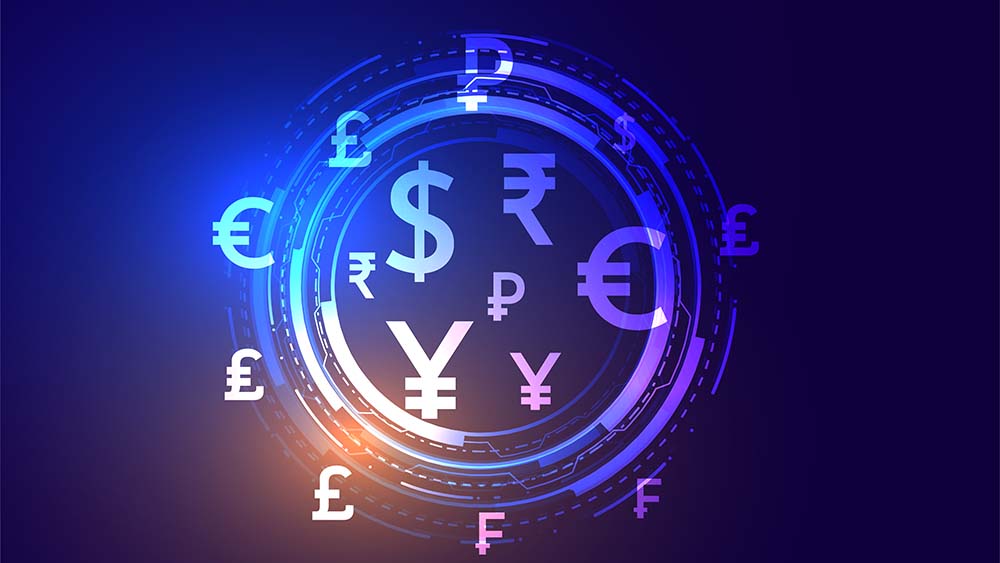The internet has evolved into an effective instrument to engage in activism. From social media-based campaigns to petitions on the internet, online platforms provide people with new ways to express their opinions and gather for support. But there’s an even more controversial type of online activism which frequently gets attention: hacktivism.
Hacktivism is at the crossroads of cybercrime and protests against the government. Many supporters believe it is an acceptable form of protest but critics claim it violates ethical and legal limits. Therefore, is hacktivism an online-based protest or an act of crime?
What Is Hacktivism?
Hacktivism refers to the use of hacking techniques to advance social, political as well as ideological reasons. In contrast to traditional cybercriminals who are motivated by money, hackers seek to increase consciousness, disrupt system or humiliate their target for the cause.
Common techniques are:
-
Website defacement Replacing content on a web site using protest message.
-
Distributed Denial of-Service (DDoS) attacks: The overwhelming of a site or service, making it unaccessible.
-
Data leaks (Doxing): Stealing and publishing personal data to expose corruption or wrongdoing.
-
Exploiting Social Media Accounts: using a government or company’s platform to broadcast political messages.
Famous Examples of Hacktivism
-
Anonymous It is perhaps the most popular hacktivist group, known for their attacks on corporate websites, government websites and extremist groups.
-
WikiLeaks Publicizing classified documents to reveal government operations which has sparked debates on national security and transparency.
-
#OpISIS (2015): Hacktivist campaigns that target ISIS propaganda websites as well as Social media profiles.
-
Protests taking place in Hong Kong & Middle East: Activists using cyberattacks to disrupt propaganda of the government in political demonstrations.
These cases illustrate the blurred lines between cybercrime and protest. A lot of people support the cause, yet question the method used.
The Case for Hacktivism as Protest
-
Enhancing Voices
Hacktivists can bring attention to issues that would otherwise be neglected, ranging from corruption within the government to human rights violations. -
Challenges institutions with power
The technology grants activists the power to challenge the government or companies with more resources, resulting in an online version of “civil non-violence.” -
Symbolic acts
A few view that slashing a website is no more than spray-painting a pro-government slogan on a wall. It’s not legal however it’s creative.
The Case Against Hacktivism as Protest
-
collateral damage
DoS-related attacks usually affect innocent users, or cause disruption to services that aren’t related to the protest’s purpose (e.g. hospitals that are affected from DDoS attack). -
Unlawful
Access without authorization as well as data theft and disruption of service are all violations of the laws of cybersecurity around the world. Hacktivists can be prosecuted similarly to cybercriminals. -
Explosion Risks
The protest that began as a protest could escalate into cyber-war by state-sponsored actors who exploit hacktivist techniques. -
undermines legitimacy
The public’s support for a cause may be eroded when protest strategies cause widespread harm or appear to be reckless.
Legal and Ethical Perspectives
-
Legal Most jurisdictions hacktivism is regarded as cybercrime, regardless of the motive. Laws such as that of U.S. Computer Fraud and Abuse Act (CFAA) or the UK’s Computer Misuse Act criminalize unauthorized access to information and attacks.
-
Ethics: Some ethicists argue hacktivism is a new method of civil disobedience and others point out the extreme harms and inability to hold accountable.
-
Global Variations: In authoritarian regimes hacktivism is often the sole outlet for discontent. Within democratic society, some argue that activists have more secure, legal ways to express their opinions.
The Future of Hacktivism
With the geopolitical tensions increasing hackers are likely to continue to rise. State actors might support or even exploit hacktivist groups to promote goals in the political arena, blurring boundaries further. In the meantime, as online spaces become more integral to our the daily life of citizens, debates about whether hacktivism constitutes protest or a crime will get more heated.
Organisations need to prepare:
-
Increase cybersecurity: Make sure that networks are protected from DDoS Phishing, DDoS, and defacements.
-
Monitor threats: Monitor activist organizations related to your industry or area.
-
Engage with Responsibility: Recognize that hacktivism often has roots in real problems and public reactions could affect the reputation of a person.
Final Thoughts
What is the difference between hacktivism or cybercrime? The answer is in the eyes of the viewer. The majority of supporters view it as a form of digital civil disobedience, in the pursuit of justice. The opposition sees it as rash and illegal, with repercussions which often exceed the purpose.
It is clear that hacktivism makes society rethink the way traditional concepts of protest can be applied in the age of digital technology. As with all powerful tools they can be utilized for good or to harm. The debate will likely go on throughout the time that people use technology to oppose authorities.








